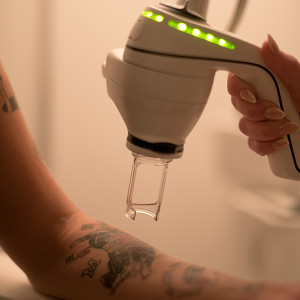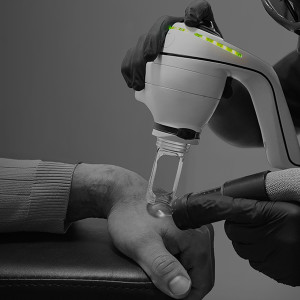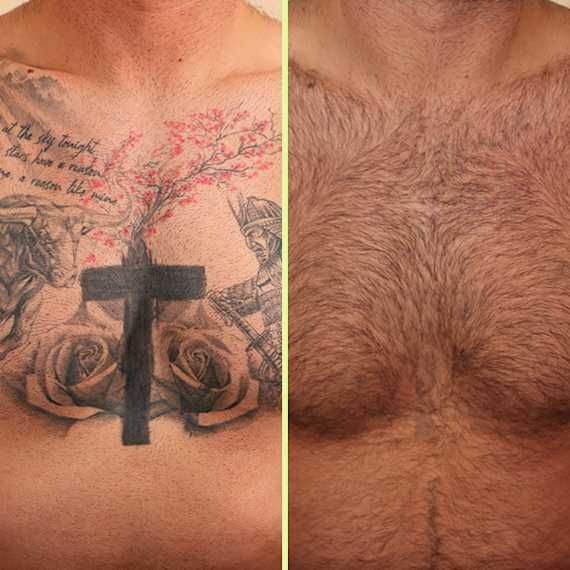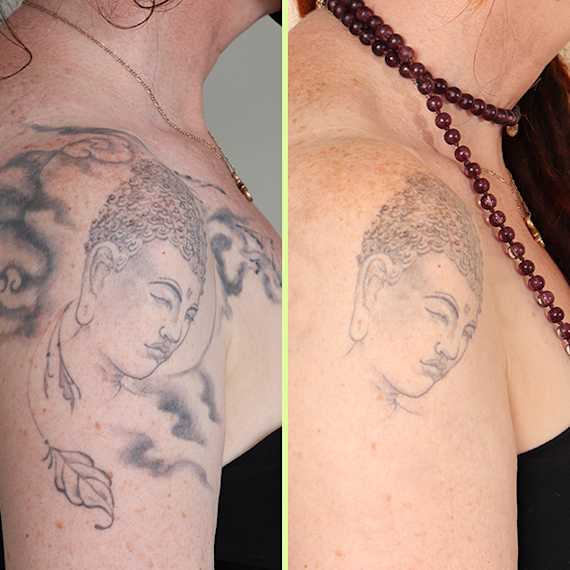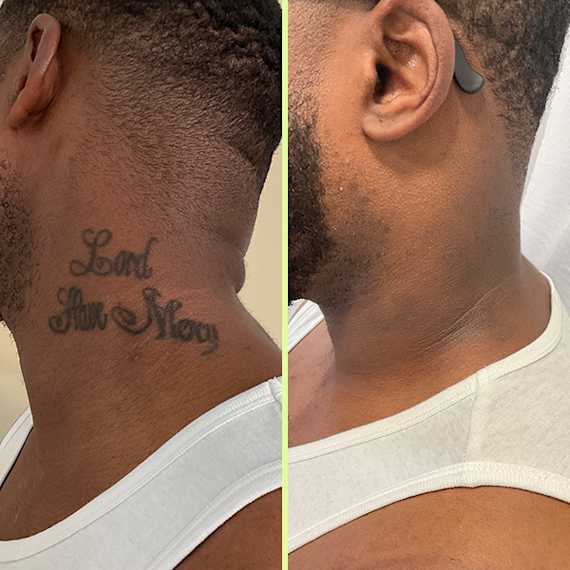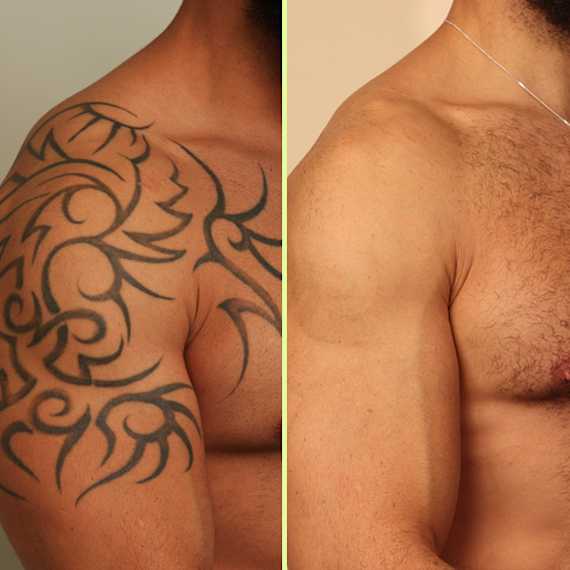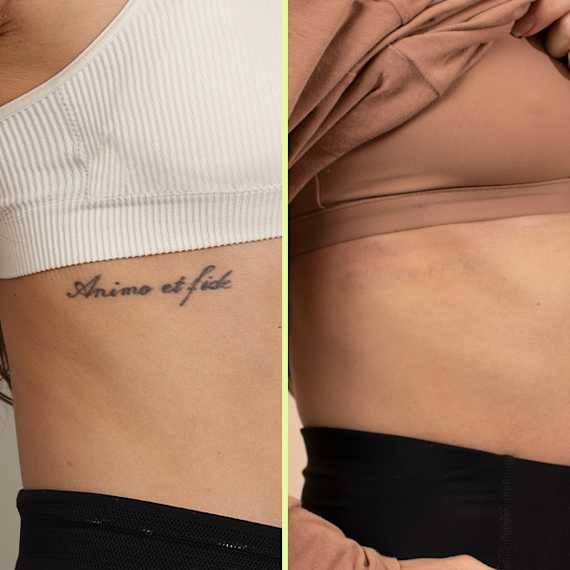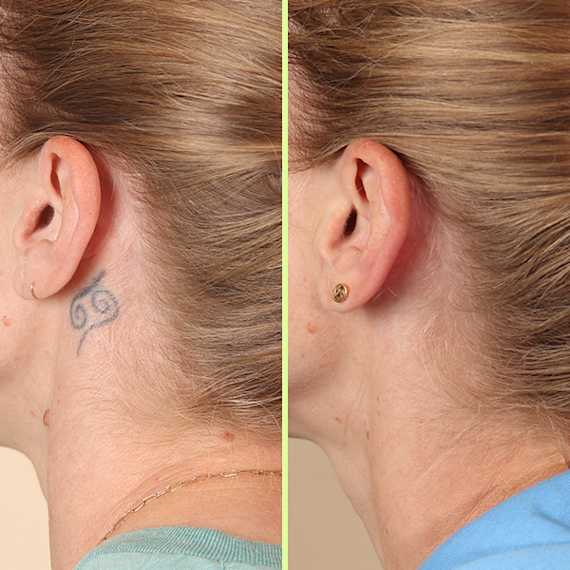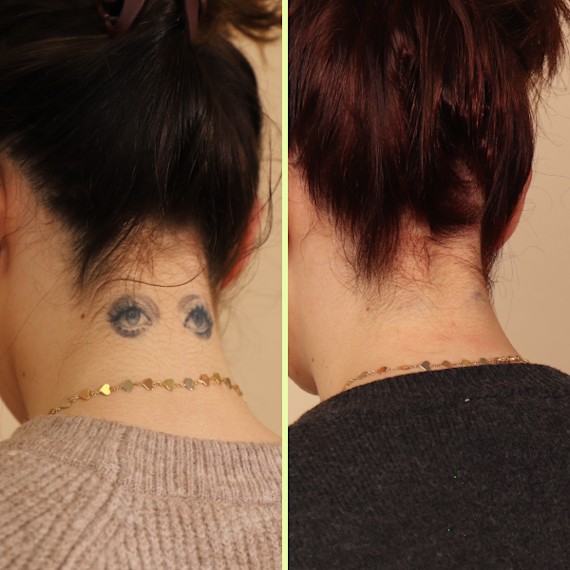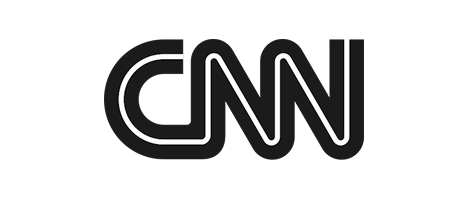
Treatments as often as every 2 weeks
Safe & effective for all skin types
Significantly less painful than other technologies
Real removals, real results
Over 35,000 successful tattoo removal treatments and counting. Check out our tattoo removal before and afters.
Laser Tattoo Removal
Powered by cutting-edge lasers and overseen by medical experts, our tattoo removal treatments are designed for maximum results and maximum safety. Your plan is fully personalised for your unique skin and tattoo.
Permanent makeup
Clear your permanent makeup sooner with LightSense®. Our proprietary technology requires less downtime, so we can treat more frequently.
Tech-led and skin-obsessed
The world-leading LightSense® laser system is exclusively available at NAAMA. It's FDA-cleared, CE-certified, and backed by clinical studies.
Don’t just take our word for it
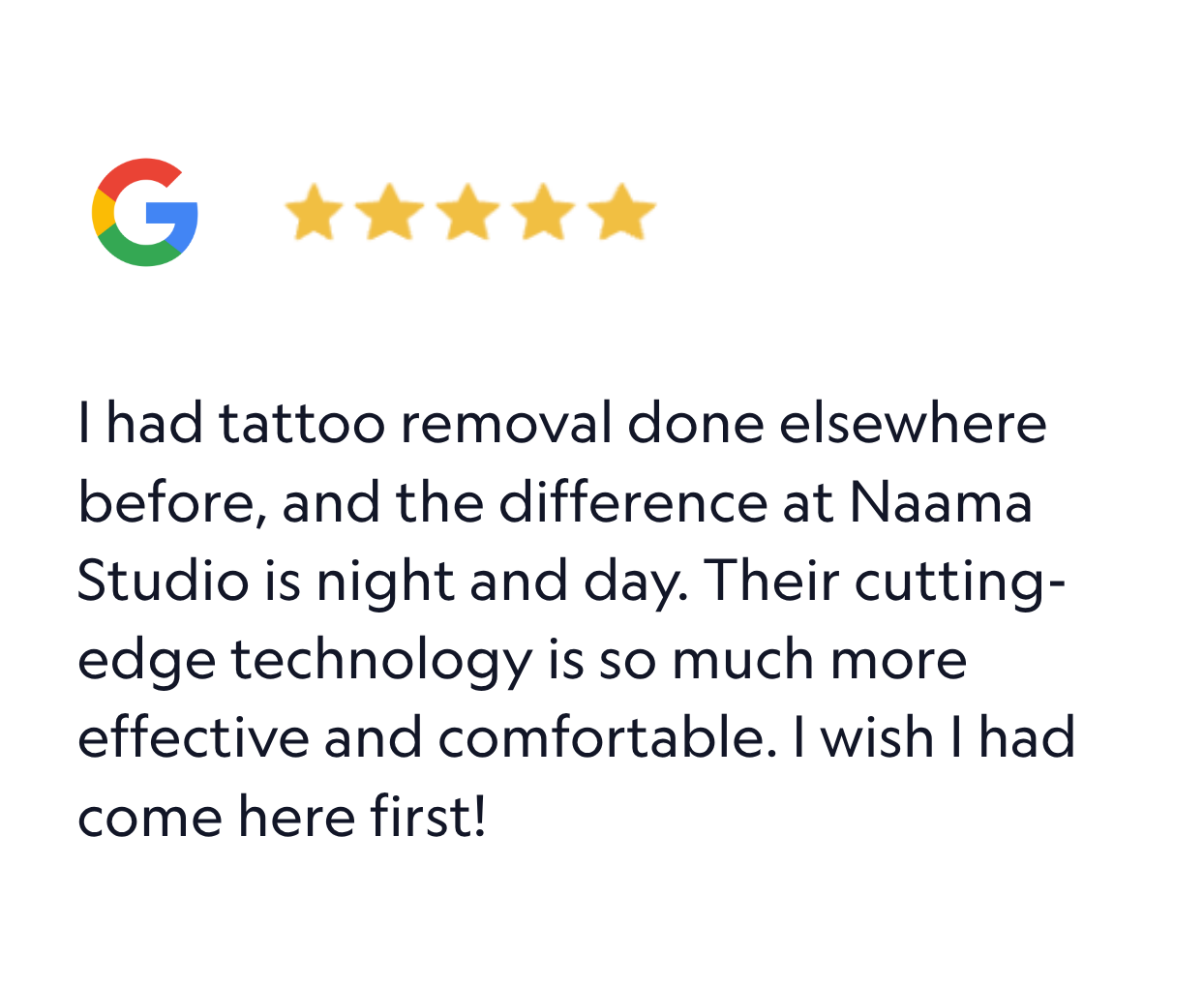
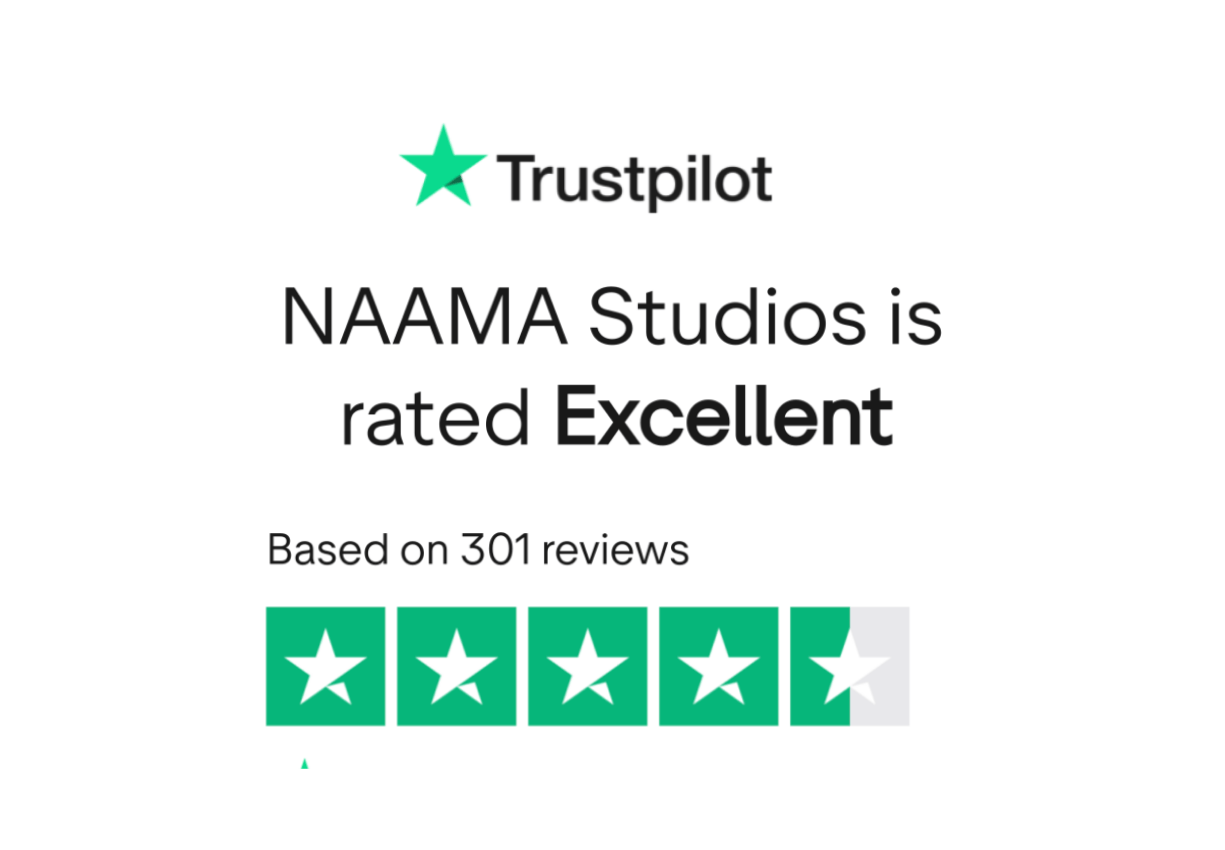
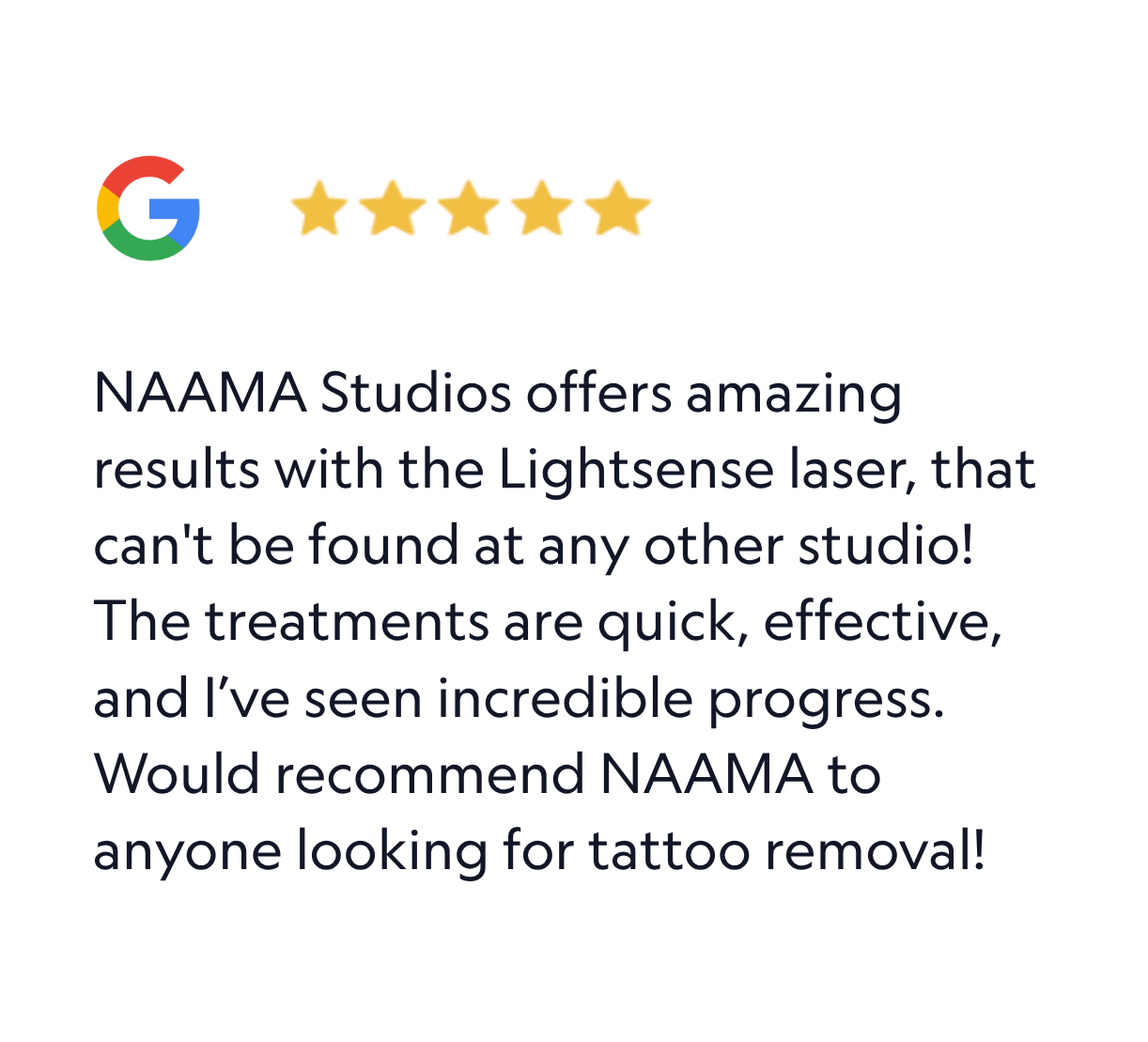
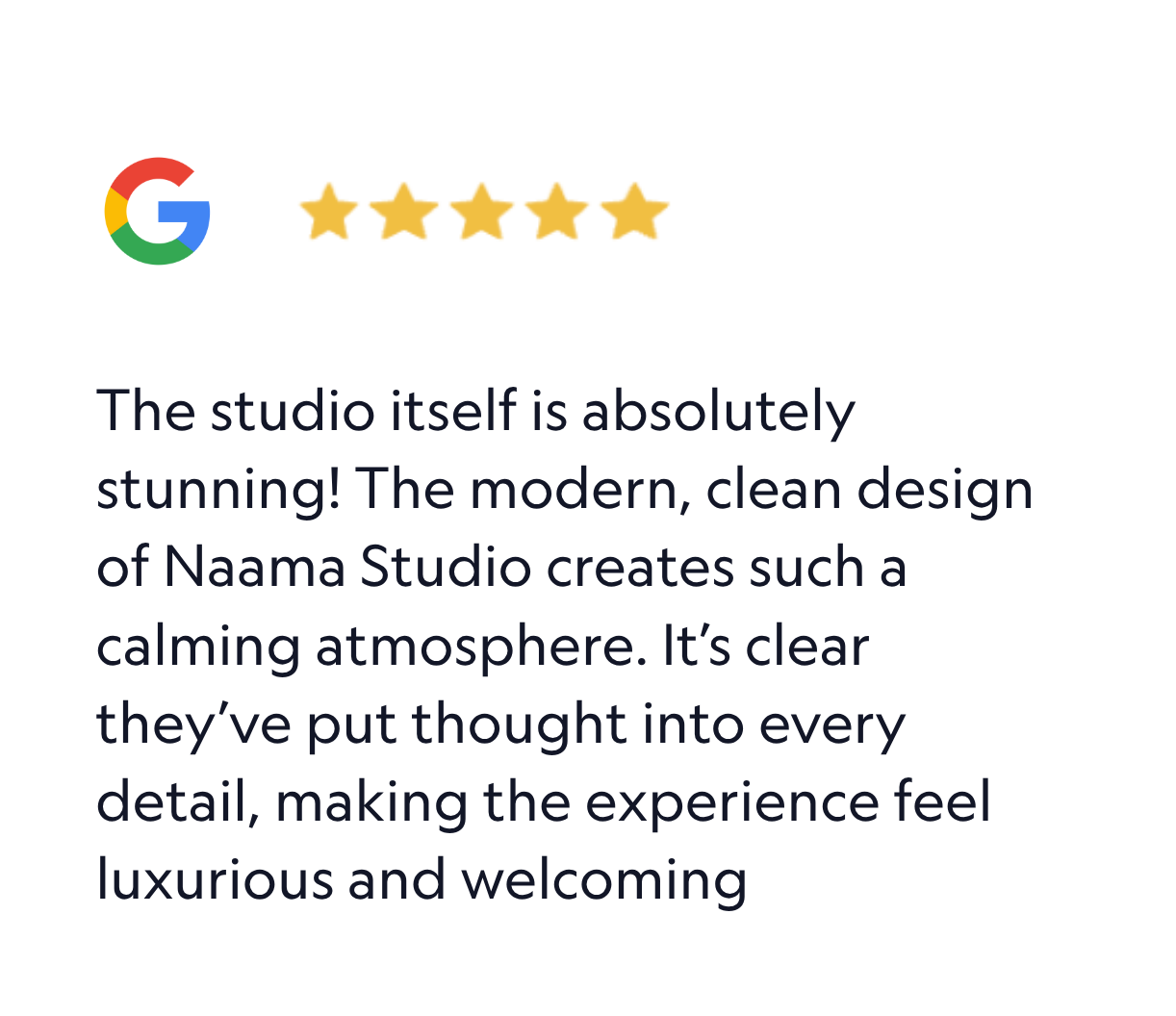
Backed by industry experts

Dr. Fiona Worsnop
Consultant dermatologist

Dr. Steven Hubert
Senior surgical dermatologist

Dr. Annie Negrin
Ophthalmologist

Evan Sherr
Founding Engineer
FAQs
No, after 30,000 successful treatments we can confidently answer.
Our low-energy LightSense™ laser is designed to be incredibly gentle on the skin (without compromising on results) and safe for all skin types.
Yes, we are able to completely remove tattoos. There are three factors that determine the efficacy of tattoo removal: the tattoo, the tech, and your lifestyle.
Read more about these here. To see the best results, we recommend booking a 1-1 tattoo assessment with our consultants.
We can remove most tattoos of all sizes, ink colours and designs, as well as permanent makeup and cosmetic tattoos. We’ll create a bespoke treatment plan to achieve the results you’re looking for.
There are however limitations on treating colour ink tattoos on Fitzpatrick 4-6 skin types.
Yes, we can successfully fade tattoos for cover-ups and we do partial removals as well. We usually recommend five sessions for tattoo fade, though this can vary between different tattoo styles, colours, and designs.
Read more about lightening a tattoo here.
Following our expert guidance - for example by maintaining a healthy lifestyle, ensuring you read our safe sun exposure guidelines, and applying aftercare creams - will help speed up your removal results. NAAMA Plus will supercharge your removal.
Unfortunately, no - maybe one day! For now, laser tattoo removal is a process that takes multiple sessions to complete (8-12 on average).
However, one of the great things about our pioneering technology is that clients are able to come in for treatment more frequently. Tattoo removal no longer has to take years.
Speak to us today to see how many sessions might be needed for your tattoo.






